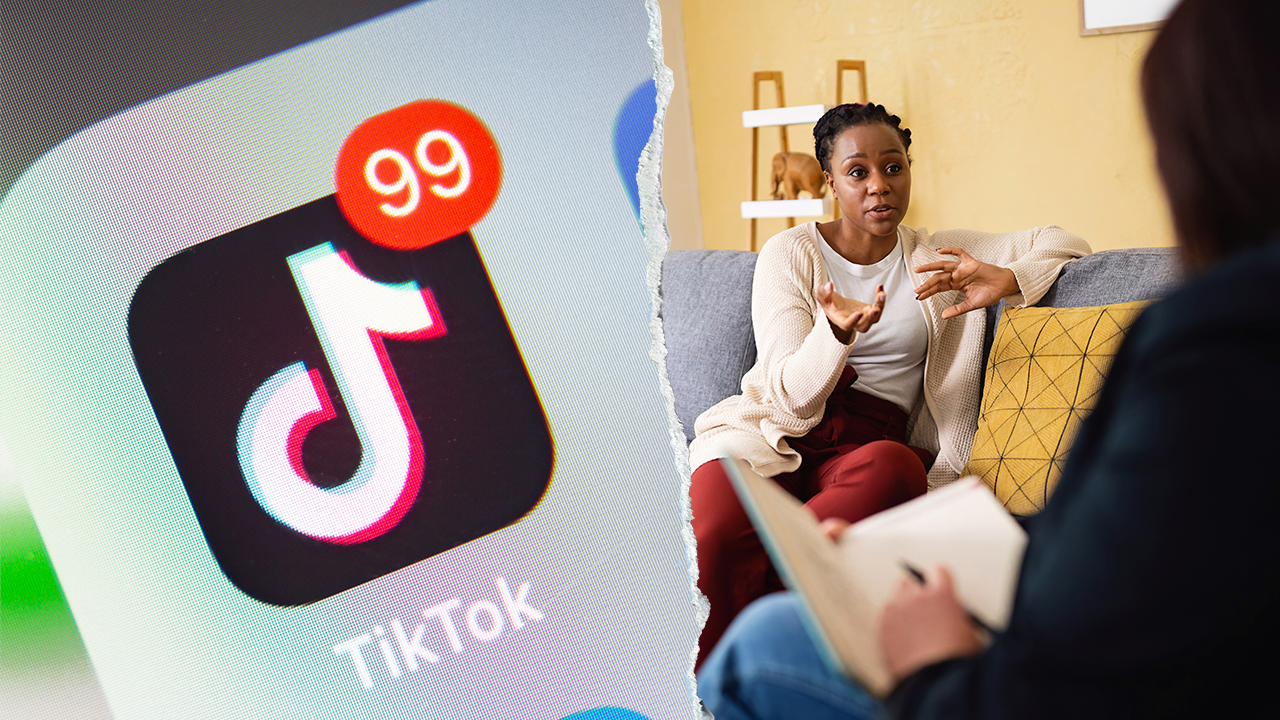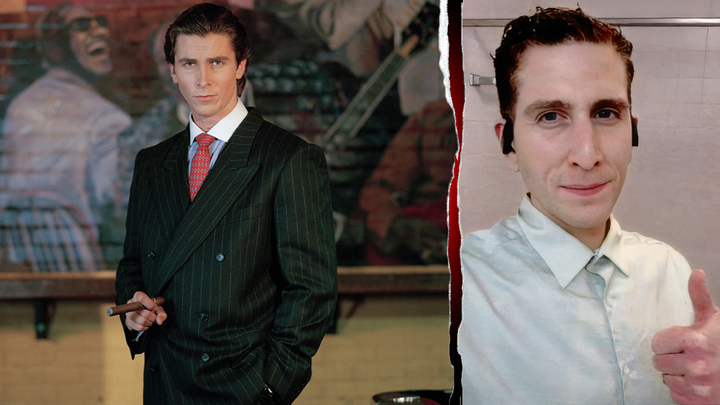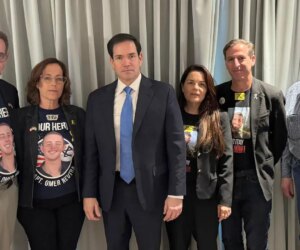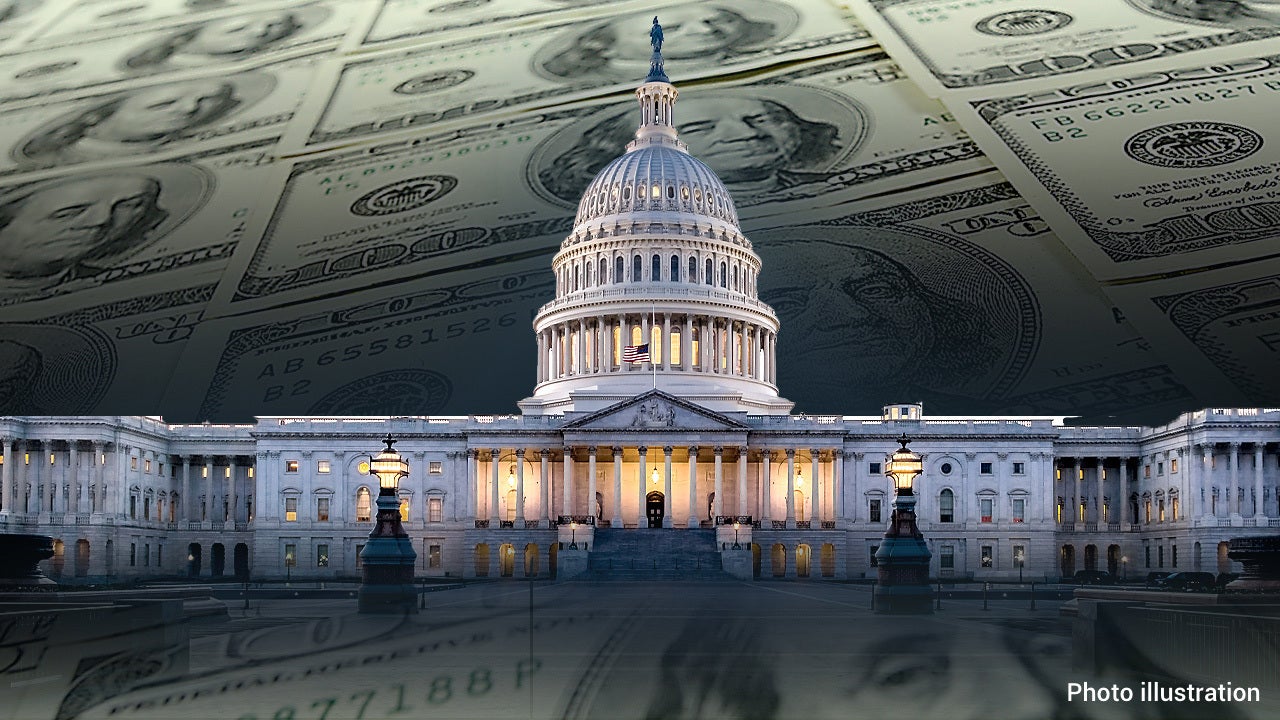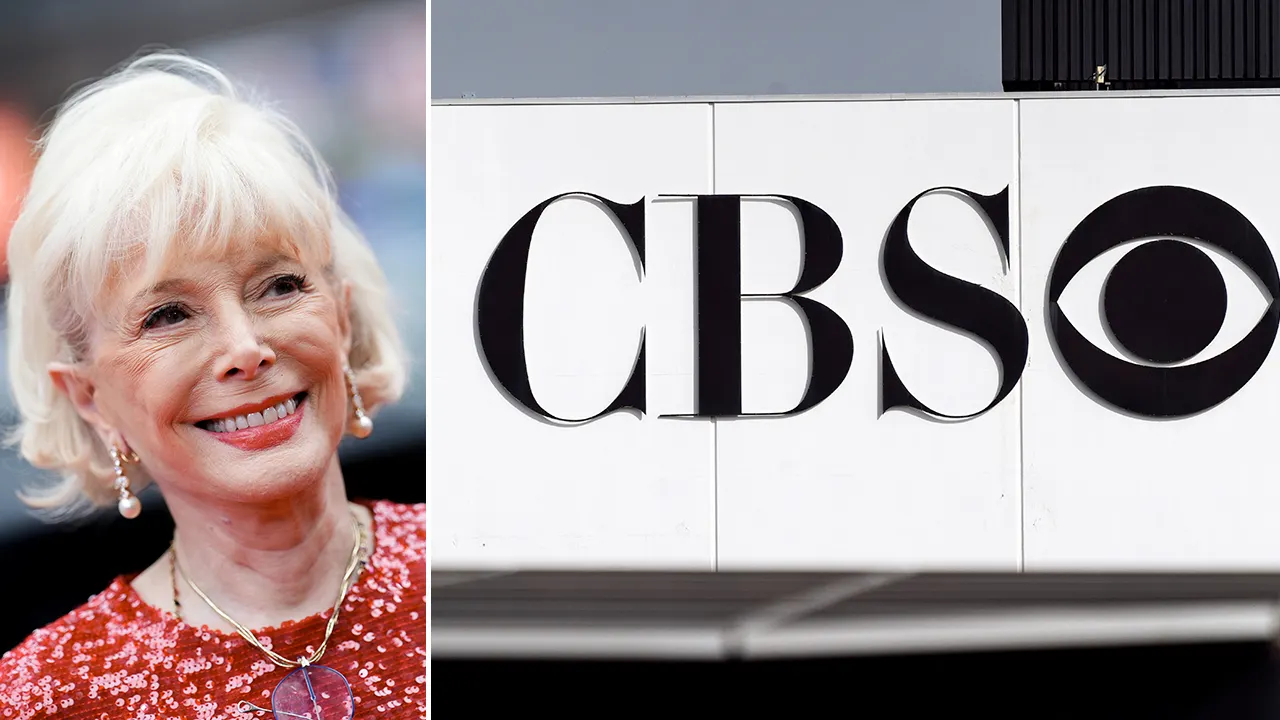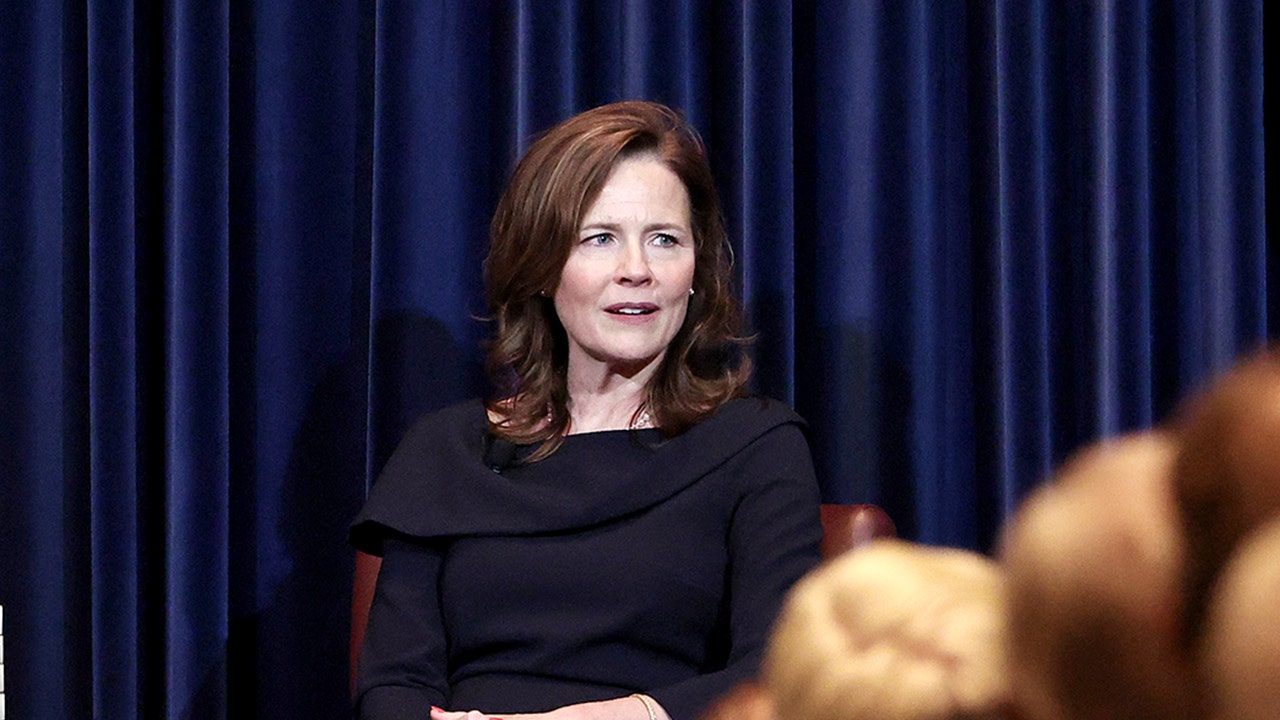NEWYou can now listen to Fox News articles!
Over half of the top-trending TikTok videos giving advice on mental health include misinformation, according to a report released Saturday.
The Guardian compiled the top 100 TikTok videos posted under the #mentalhealthtips hashtag and sent them to psychiatrists, academics and psychologists, who examined them for misinformation.
Some examples of bad advice include using supplements like holy basil, saffron or magnesium glycinate or eating an orange in the shower to decrease anxiety, “methods to heal trauma within an hour” and “guidance presenting normal emotional experiences as a sign of borderline personality disorder or abuse.”
‘SKINNYTOK’ WEIGHT-LOSS TREND COULD LEAD TO FOOD DEPRIVATION, EXPERTS CAUTION
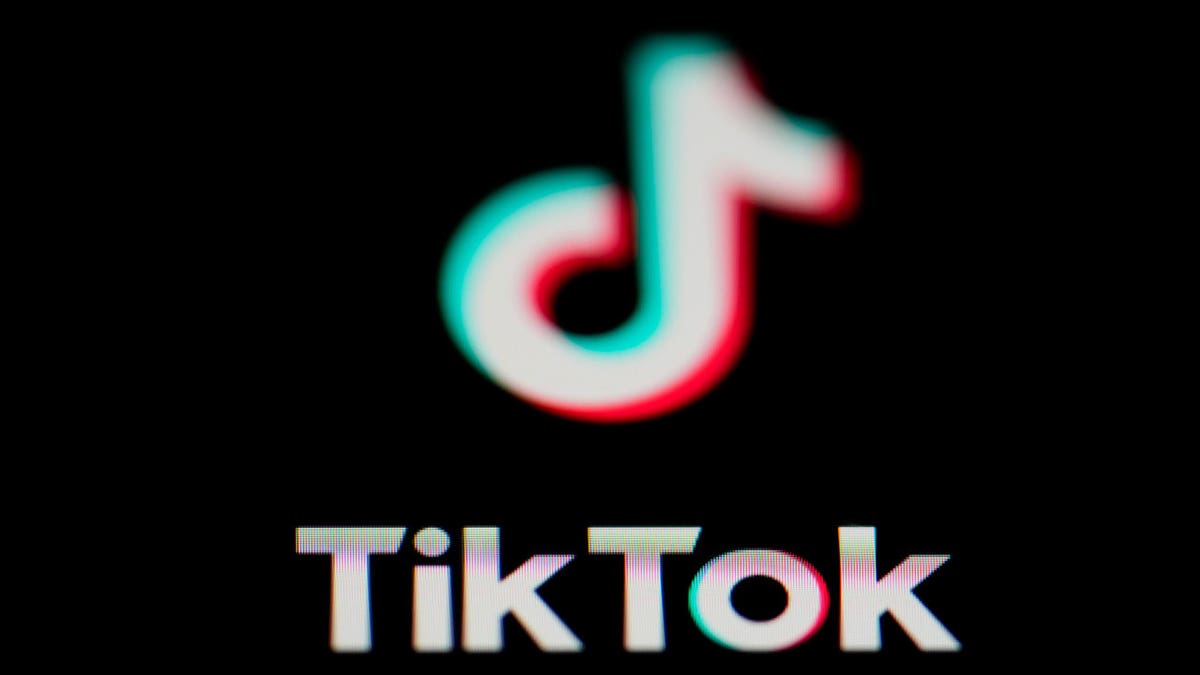
A study compiled by The Guardian found that over half of the top trending videos giving advice on mental health include misinformation. (AP Photo/Matt Slocum)
The Guardian says that in its review, experts determined that “52 out of 100 videos offering advice on dealing with trauma, neurodivergence, anxiety, depression and severe mental illness contained some misinformation, and that many others were vague or unhelpful.”
Dan Poulter, a former health minister and NHS psychiatrist who looked at the videos about severe mental illness, said some of them “pathologise everyday experiences and emotions, suggesting that they equate to a diagnosis of serious mental illness.”
“This is providing misinformation to impressionable people and can also trivialise the life experiences of people living with serious mental illnesses,” Poulter said.
Amber Johnston, a British Psychological Society-accredited psychologist who evaluated the trauma videos, told The Guardian that even though some contained portions of truth, they were oversimplified.
“Each video is guilty of suggesting that everyone has the same experience of PTSD with similar symptoms that can easily be explained in a 30-second reel,” Johnston said. “The truth is that PTSD and trauma symptoms are highly individual experiences that cannot be compared across people and require a trained and accredited clinician to help a person understand the individual nature of their distress.”
She added that “TikTok is spreading misinformation by suggesting that there are secret universal tips and truths that may actually make a viewer feel even worse, like a failure, when these tips don’t simply cure.”
ALBANIA ISSUES YEARLONG TIKTOK BAN AMID YOUTH VIOLENCE CONCERNS

The Guardian says that in its study, experts determined that “52 out of 100 videos offering advice on dealing with trauma, neurodivergence, anxiety, depression and severe mental illness contained some misinformation, and that many others were vague or unhelpful.” (Getty Images)
Another expert, Chi Onwurah, a Labour member of Parliament in the United Kingdom, said TikTok doesn’t have the best track record.
“Content recommender systems used by platforms like TikTok have been found to amplify potentially harmful misinformation, like this misleading or false mental health advice,” she added. “There’s clearly an urgent need to address shortcomings in the OSA to make sure it can protect the public’s online safety and their health.”
The Guardian reported that TikTok said videos were removed “if they discouraged people from seeking medical support or promoted dangerous treatments. When people in the UK search for terms linked to mental health conditions, such as depression, anxiety, autism or post-traumatic stress disorder, they are also directed to NHS information.”
In January, the Supreme Court upheld a federal law that would ban the Chinese-owned social media company.
In May, President Donald Trump said that he would extend the deadline for the TikTok ban so that the company can be sold to a U.S. owner.
A TikTok spokesperson told Fox News Digital about The Guardian’s analysis, “There are clear limitations to the methodology of this study which opposes this free expression and suggests that people should not be allowed to share their own stories.”
They added that, “At TikTok, we proactively work with health experts at the World Health Organisation and others to promote reliable information on our platform and remove 98% of harmful misinformation before it’s reported to us.”

In January, the Supreme Court upheld a federal law that would ban the Chinese-owned social media company. In May, President Donald Trump said that he would extend the deadline for the TikTok ban so that the company can be sold to a U.S. owner. (Emma Woodhouse/Fox News Digital)
Jeff Smith, director of the Asian Studies Center at The Heritage Foundation, told Fox News Digital the news only adds to concerns about the company.
“If we needed another reason to wrest control of TikTok away from the Chinese Communist Party, this report on mental health disinformation would serve as a powerful reminder,” Smith said.
CLICK HERE TO GET THE FOX NEWS APP
He added, “It has been clear for years that this is just the tip of the iceberg. The extent of TikTok’s misinformation, propaganda, and espionage activities are shocking and extensive. This report only underscores the urgent need for the Trump administration to force a sale of TikTok to an American entity or ban the app from operating in the United States, as required by law.”

